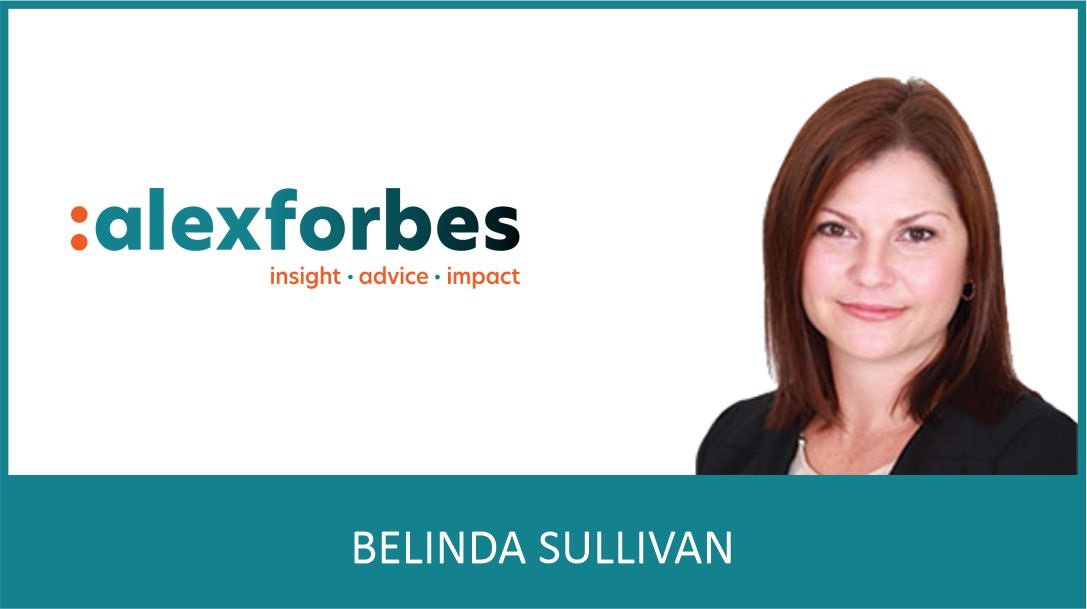Adriaan Pask, CIO at PSG Wealth
Positive beliefs drive very healthy money habits. According to large-scale US studies done by Gladstone & Pomerance, optimists save 20% more than other investors regardless of income status and are more likely to invest for the long term.
An optimist’s mindset is characterised by a positive outlook on the future. For investors, this translates into a willingness to think long term, which positions them well for building and accumulating wealth. The idea is simple: someone who is pessimistic about the country’s outlook is unlikely to invest in something they believe is tied to that outlook. Conversely, if you are optimistic about the future, you are more likely to take a long-term view and invest in that future.
According to the study, which surveyed 143 000 people across demographics and income levels, optimists show a greater tendency to invest in retirement vehicles such as RAs and pension funds. Similarly, the studies also showed that positive people generally have better money habits and are more inclined to do things like budgeting, or enrol for automated savings such as debit orders, or pension and fund contributions. Interestingly, the research shows that the behaviours of optimists across demographics and income levels are far superior to even wealthier pessimists.
Optimistic people and their resilience in times of stress in the markets
When times are tough, saving and investing can unfortunately be one of the first areas to take a knock as people prioritise expenses. But for investors with a positive outlook, optimism tends to act as a fuel or a buffer when finances are constrained.
The Gladstone & Pomerance survey shows that a positive outlook fosters resilience in saving habits, even during periods of hardship. Optimistic participants kept saving, stayed committed to their plans, and maintained their automated contributions — reflecting how strongly they value the importance of saving. Importantly, optimists view hardship as temporary, whereas pessimists tend to think of things as more permanent in nature.
The recent and ongoing tariff war serves as an example. Optimists see this volatility as a temporary hurdle: the assets they invest in or the managers they use will shield against such things. So, there is no reason to panic. Pessimists, however, display a fragility that causes an overly risk-averse reaction, and possibly even disinvestment.
This failure to see the long-term results in not only a market-timing mistake but a financial discipline mistake. These investors essentially disrupt their own savings routine, which is potentially self-destructive from a wealth generation perspective. Investors are much better served by continuing to save. Even if the anticipated market turbulence does occur, it is likely be short-lived and portfolios will recover. But you can only recover if you’re in the market in the first place.
That resilience, therefore, serves the optimists very well, and it becomes a positive cycle. The more optimistic you are, the more resilient you are, and the more resilient you are, the more it fosters further optimism and resilience.
Do optimists end up wealthier?
Investment outcomes are largely impacted by behaviour. If two investors invest in the same thing, the way that they interact with their investment is ultimately the thing that’s going to decide whether they are successful or not.
Generally, if you stay invested in the markets, don’t worry too much about volatility, accept that equity markets will go through tough patches, and just continue saving as you always do, you will see the fruits of your resilience. This is closely tied to an optimistic investor’s ability to adopt a longer-term view and, as a result, take on more risk. But if market turbulence causes you to react negatively by pausing contributions, the impact on savings can be detrimental. Poor investor behaviour significantly deteriorates prospective returns.
Reasons to be optimistic in today’s market
Investor optimism in this context is tied to how you are wired as a person, specifically how you deal with adversity and disruption. Some specific areas of the current market make a good example of how different investors may approach things.
Take global equities as an example. Despite the debate around US valuations, we believe global equities markets remain quite resilient and there are pockets of attractive areas. In this context, a negative investor might hold the view that US markets are expensive and therefore take the decision to disinvest until there is a crash. Timing the market like this is extremely difficult to do.
The optimist might say that because the US portion of their portfolio is looking a bit stretched, they will look for other opportunities such as emerging markets (EMs), or developed Europe. The approach is very different
Optimism needs to translate into something lasting in terms of optimistic behaviour, despite the current market climate. It is the way you think about money, and the way you think about creating wealth. Your default position should therefore be focused on more optimism, and that will serve you well over the years as you build wealth for the long term.
ENDS

























































































